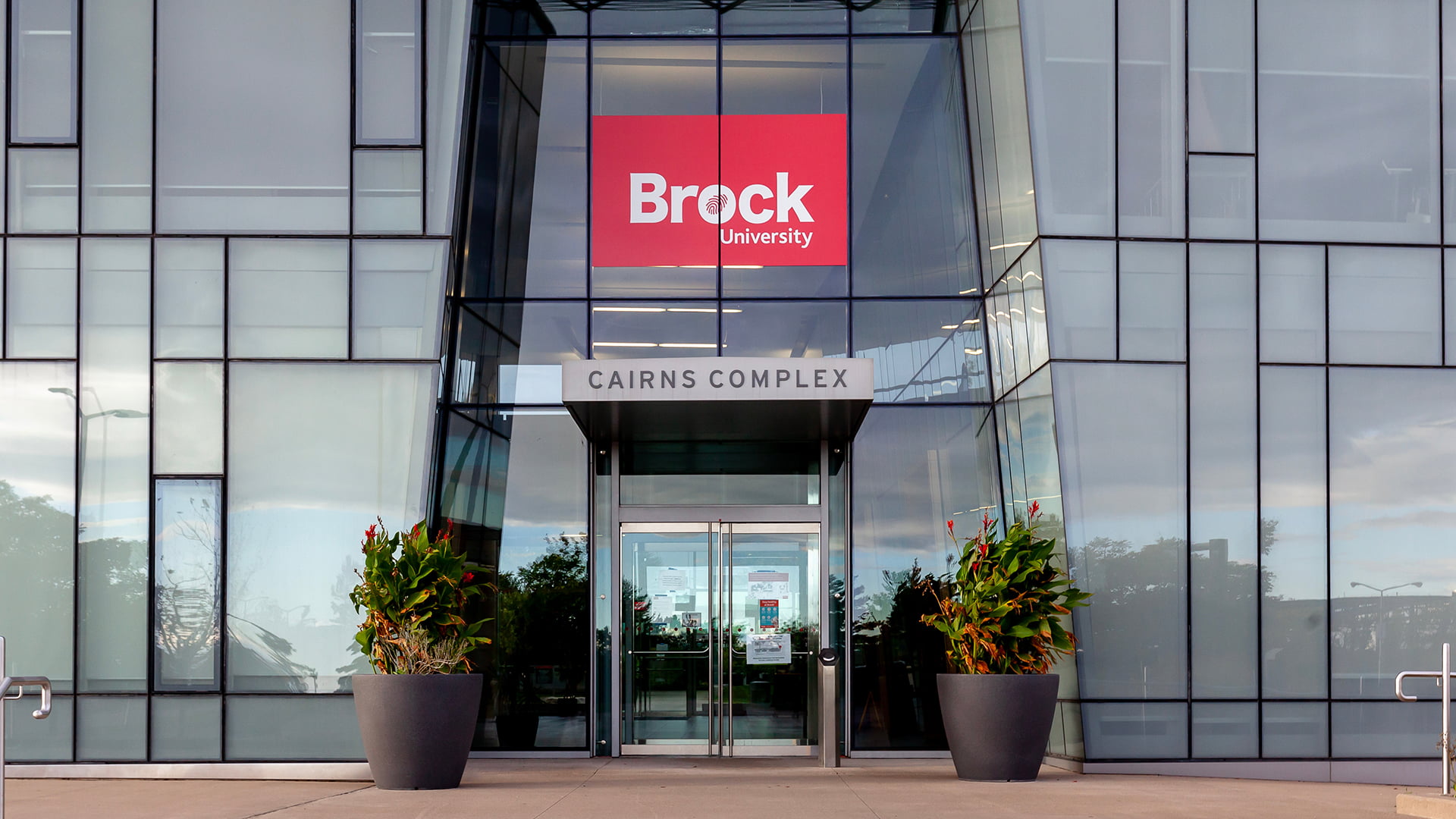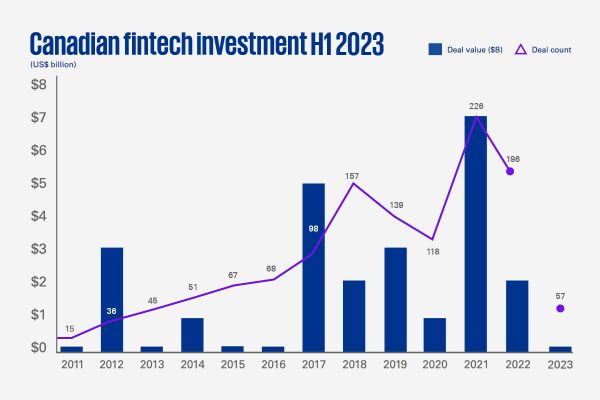In this edition:
- Brock houses Ontario behavioural research hub as part of national initiative
- New investments could fuel green future for Niagara transit
- St. Catharines trying to align with Niagara Region on budget process
- Industrial product and raw material index down 2.7% year-over-year
- Building construction investment declines for fourth straight month
- Canadian fintech investment drops to pandemic-era levels in the first half of the year
- Cuba ransomware gang looking for unpatched Veeam installations: Report
- Reading Recommendations: Sustainability

Brock houses Ontario behavioural research hub as part of national initiative
Brock University has been selected as the Ontario hub of a Canada-wide program that trains students and novice researchers on how to evaluate behaviour-change initiatives in health care.
“Clinical trials are often designed for testing new drugs in the pharma industry,” says Assistant Professor of Kinesiology Sean Locke, who chairs the Ontario hub. “We want to provide students with the same knowledge and training to conduct behavioural trials for research that would lead to developing programs for diabetes prevention, cardiac rehab, smoking cessation or lowered obesity.”
Josipa Petrunic hopes zero-emissions Niagara Region Transit buses will be in service within the next few years, equipped with fuel cells and electric engines and running on low-cost green hydrogen produced in Niagara Falls.
Those buses might be built with components from electric vehicle parts manufacturers setting up shop in Welland, said Petrunic, president and chief executive officer of Canadian Urban Transit Research and Innovation Consortium (CUTRIC).

St. Catharines trying to align with Niagara Region on budget process
St. Catharines staff are working on a plan to align the city’s 2024 budget process with Niagara Region’s to avoid any more tax hikes that caught some councillors by surprise.
Chief administrative officer David Oakes is proposing council’s discussions on the 2024 budget be pushed back from this December to January or February to give councillors a better idea of what’s happening at the regional level and provide more opportunity for public input.

Industrial product and raw material index down 2.7% year-over-year
In July, prices of products manufactured in Canada, as measured by the Industrial Product Price Index (IPPI), increased 0.4% month over month and fell 2.7% year over year. Prices of raw materials purchased by manufacturers operating in Canada, as measured by the Raw Materials Price Index (RMPI), increased 3.5% on a monthly basis in July and were 11.1% lower compared with July 2022.

Building construction investment declines for fourth straight month
Investment in residential construction declined for the fourth straight month, falling 4.5% to $12.1 billion in June. Investment in non-residential construction edged down 0.2% to $5.9 billion. Overall, investment in building construction fell 3.1% to $18.0 billion in June.
After adjusting for inflation (2012=100), investment in building construction decreased 3.4% to $10.3 billion.
Canadian fintech investment drops to pandemic-era levels in the first half of the year
Investment in Canadian fintech companies dropped three-fold in the first half of 2023 as valuations continued to slide to levels not seen since the beginning of the COVID-19 pandemic, driven primarily by macroeconomic concerns, according to KPMG in Canada.
In the first six months of 2023, investment (including venture capital, private equity and merger and acquisition activity) totaled US$353.7 million across 57 deals. That’s down from the US$1.09 billion invested across 87 deals in the second half of 2022, and US$834.1 million invested across 109 deals in the first half of 2022, according to data compiled by PitchBook for KPMG in Canada.
Cuba ransomware gang looking for unpatched Veeam installations: Report
The Cuba ransomware gang has tweaked its attack strategy to go after IT environments that haven’t patched a recently discovered vulnerability in Veeam Software’s backup solutions.
Usually the gang exploits the three-year old Windows Server Netlogon vulnerability (CVE-2020-1472) known as Zerologon, BlackBerry said in a report Thursday. However, an analysis of a series of attacks in June, including a critical infrastructure organization in the United States and an IT integrator in Latin America, shows the gang is now also targeting the Veeam CVE-2023-27532 vulnerability.
Did you know?
Coca-cola is called “kekoukele” in Chinese, which means “tasty fun.”
Focus on Sustainability
Next-gen mass timber touted as way for buildings to ascend to 20 storeys
Dr. Tony Yang, a professor of civil and mechanical engineering at the University of British Columbia (UBC), is working on a government-funded project to develop new materials, technology and guidelines that will make mass timber construction buildings of up to 20 storeys economically and technically feasible by 2028.
The goal is very ambitious, because, at the moment, Canada’s national building code allows mass timber construction up to only 12 storeys.
“The next generation of mass timber construction will mark a turning point in how we build in this country, and potentially in the world,” said Yang. “We’re confident that with these new tools and materials under our belt, we will help Canada meet, if not surpass, its 2030 carbon emissions goals.”
Through the Daily Updates, the GNCC aims to deliver important business news in a timely manner. We disseminate all news and information we feel will be important to businesses. Inclusion in the Daily Update is not an endorsement by the GNCC.






